-
×
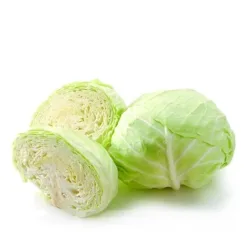 White cabbage
1 × 22.000 $
White cabbage
1 × 22.000 $
Phu Tho White Pear
45.000 $
Phu Tho White Pear
Pear is a very cool, delicious fruit with a slightly sweet and aromatic taste. But few people know that pear also has medicinal properties.
Pear is a very cool, delicious fruit, with a slightly sweet and fibrous core. It is a fruit that is rich in important antioxidants, flavonoids and dietary fiber, and also contains many nutrients inside. This fruit has no fat or cholesterol, each pear provides 100 calories of energy. Eating pears also helps you lose weight and reduces the risk of developing cancer , high blood pressure , diabetes and heart disease, and it is also an extremely healthy food. The Knowledge Center of the World Health News Today (MNT) newspaper will provide readers with a variety of health benefits from pears. MNT will provide nutritional insights into pears as well as their amazing health benefits, and how to include pears in your diet, as well as reduce the risk of disease when you eat pears every day.
Nutrition from pears
According to the USDA National Nutrient Database, one pear, which weighs approximately 178 grams, provides you with about 101 calories, 0 grams of fat, 27 grams of carbohydrates (including 17 grams of sugar and 06 grams of fiber), and 01 gram of protein. Eating one pear, on average, will provide you with 12% of your daily vitamin C needs, as well as 10% of your vitamin K, 06% of your potassium, and smaller amounts of calcium, iron, magnesium, riboflavin, vitamin B-6, and folate. Pears also contain carotenoids, flavonols, and anthocyanins (found in red-skinned pears). In the Baltimore Longitudinal Study of Aging (BLSA), pears and apples were the top dietary sources of flavonols.
Consuming all types of fruits and vegetables over a long period of time can reduce disease. Many studies have shown that increasing the intake of plant foods such as pears can reduce the risk of obesity, diabetes, heart disease and overall mortality while pears promote healthy skin, increased energy and weight loss.
The Food and Nutrition Board of the National Institutes of Health developed the Adequate Intake (AI) guidelines for fiber in 2001, which recommend that men under 50 consume 38 grams of fiber per day, and women under 50 consume 25 grams of fiber per day. For adults over 50, the recommended intake is 30 grams of fiber per day for men and 21 grams of fiber per day for women. Most people do not get even 50% of the recommended intake. Why is fiber so important? The National Institutes of Health (NIH) found that a diet containing 14 grams of fiber per 1,000 calories was associated with a significant reduction in the risk of both coronary heart disease and type 2 diabetes. The easiest way to increase your fiber intake is to eat more fruits and vegetables.
Just one medium pear provides 6 grams of fiber, which is about 24 percent of the daily requirement for women under 50. A high-fiber diet has been shown to reduce the incidence of diverticulitis flare-ups by absorbing water in the colon and making bowel movements smoother. A diet rich in fresh fruits, vegetables, and fiber may reduce pressure and inflammation in the colon. Although the cause of diverticulitis remains a mystery, it has been linked to low fiber intake.
.
Be the first to review “Phu Tho White Pear” Cancel reply
Related products
22.000 $
Fresh and crunchy Napa cabbage, perfect for stir-fries, soups, and salads.
22.000 $
Sweet, juicy yellow melon bursting with refreshing flavor — perfect for hot days and healthy snacking.
22.000 $
Fresh, nutrient-rich broccoli with a tender crunch — ideal for steaming, stir-frying, or adding to salads and soups.
22.000 $
Fresh and tender bok choy, ideal for stir-fries, soups, or steaming, with a mild flavor and crisp texture.
22.000 $
Fresh mustard greens, crisp and flavorful, perfect for stir-frying, soups, and salads. Rich in vitamins and antioxidants, a healthy addition to any meal.
22.000 $
Fresh, sweet, and antioxidant-rich blueberries — perfect for snacking or adding to your favorite dishes.
22.000 $
Fresh white cabbage with tender, pale green leaves. Perfect for salads, soups, and traditional dishes.
22.000 $
Crisp, juicy apples packed with natural sweetness — perfect for snacking, baking, or juicing.




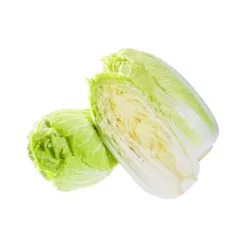

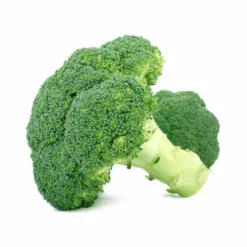

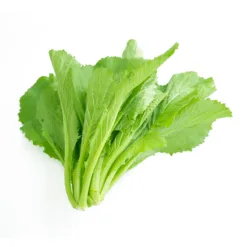
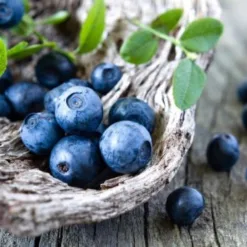




Reviews
There are no reviews yet.